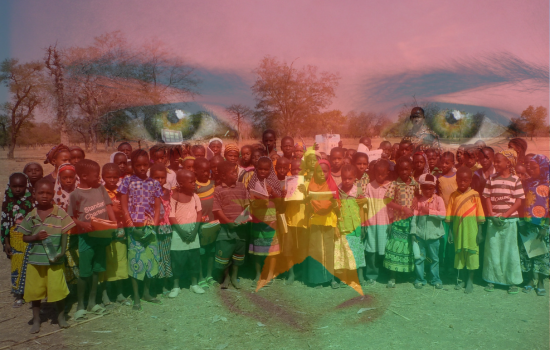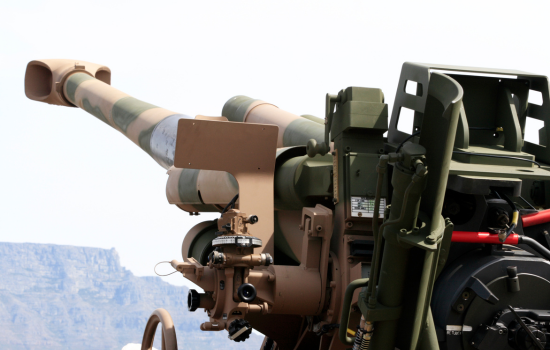A Blow to the Peace Process
The assassination of 73 year-old Lakshman Kadirgamar raises concerns over the status of the already delicate peace negotiations between the Government and the Tamil Tigers, which has stalled since 2003. The government instituted a state of emergency, which allows the police to make arrests, interrogate suspects, and search houses at will. Emergency regulations also ban public gatherings, give the president legislative powers and allows media censorship.[1]
The Tamil movement known as the Tamil Tigers or LTTE, was founded in 1976, and began its military campaign in 1983, with the declared aim of an independent state for the Tamils in Sri Lanka. The bloody conflict has killed more than 65,000 people. In two decades of vicious and bloody conflict, the LTTE has absorbed most of the Tamil groups to become the leading Tamil group. The LTTE has adopted a campaign of bombings, political violence and suicide attacks, which led to its designation as a ‘terrorist’ organisation in such countries as Australia, Britain, Canada, India, Malaysia and the United States. The government has been engaged in a series of “on-again, off-again” negotiations with the organization, in an attempt to end the conflict.
The LTTE controls the territories in the north and the east of Sri Lanka, were it levies taxes and administers civil affairs. It also has a naval force, which has proven effective against the Sri Lankan Navy. The Sri Lankan government and international human rights group repeatedly accuse the LTTE of abducting schoolchildren, killing political rivals and using suicide bombers.[2]
From 1987 to 2001, the LTTE carried out around 200 suicide bombings, killing ex-prime minister Rajiv Gandhi in 1991 and two years later killing President Primadassa of Sri Lanka, along with 22 people. In 1999, a female suicide bomber injured President Kumaratunga during an election rally.[3]
On July 29, 1987, Indian Prime Minister Rajiv Gandhi and Sri Lankan President Jayewardene, signed the Indo-Sri Lanka Peace Accord. India’s involvement was crucial, because for years India had supported the Tamil due to the close relations between the Sri Lankan based Tamils and the Tamils in the Indian State of Tamil Nadu. The Agreement saw the Sri Lankan Government making various concessions to Tamil demands, including the merger—pending a referendum—of the northern and eastern provinces, and official status for the Tamil language. India agreed to establish order in the north and east with an Indian Peace-Keeping Force (IPKF) and cease support to Tamil insurgents. Militant groups, including the LTTE, although initially reluctant, agreed to surrender their arms to the IPKF. However, failure by both sides to live up to the expectations led to increased violence, with Indian peacekeepers stuck in the middle. On May 21, 1991, Thenmuli Rajaratnam, wearing a suicide belt, with 10,000 2mm steel balls killed Rajiv Gandhi whilst he campaigned in Tamil Nadu. Sixteen other people died in the attack.
In 2001, Ranil Wickramasinghe defeated Bandaranaika’s People’s Alliance party on a pro-peace ticket, and the LTTE adopted a unilateral ceasefire as the government and the Tigers began a Norwegian-sponsored peace negotiation. In February 2002, the two signed a formal ceasefire agreement.[4]
The negotiations have suffered from claims that the Norwegians favour the LTTE and by a power struggle between President Chandrika Kumaratunga, and Prime Minister Ranil Wickremesinghe, whom the President accused of being too soft on the Tamils. The LTTE, for its part has accused the Sri Lankan government of carrying out killings of civilians, political workers and journalists using paramilitary groups armed by the government and operating from Sri Lankan military bases and government police stations in government-controlled Tamil areas.
SP Thamilselvan, leader of the Tigers’ political wing, denied Tamil involvement, and claimed that the real culprits were Sinhalese “probably from the military.” He said, “We know there are sections within the Sri Lankan armed forces operating with a hidden agenda to sabotage the ceasefire.”[5]
Notes:
1. The Observer, August 14, 2005.
2. Human Rights Watch Press Briefing January 14, 2005; “Living In Fear: Child Soldiers and the Tamil Tigers in Sri Lanka,” Human Rights Watch, November 2004, Vol. 16, no 13.
3. Y. Schweitzer “Suicide Bombings: The Ultimate Weapon?” ICT Website, August 7, 2001.
4. International Herald Tribune, October 15, 2004.
5. The Sunday Times, August 14, 2005.
6. The Sunday Times, August 14, 2005.
7. The Observer, August 14, 2005.






